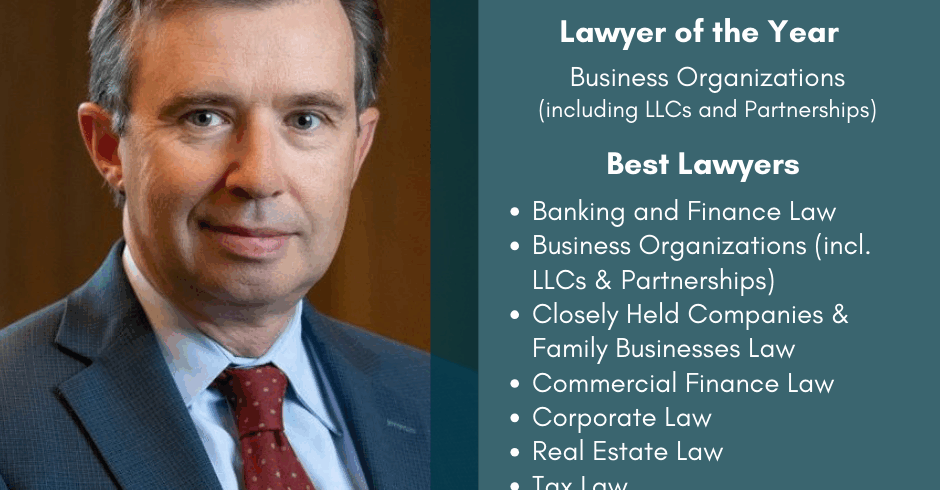Companies needing to extend their employees’ H-1B visa status from this year onward may face additional difficulty in doing so. United States Citizen and Immigration Services (USCIS) recently issued policy guidance instructing its officers to apply the same level of scrutiny toward renewal applications as toward initial petitions for nearly all nonimmigrant employment visa classifications, including the H-1B classification.
The H-1B visa program allows U.S. employers to hire foreign workers in specialty occupations that require, at a minimum, a bachelor’s degree or equivalent relevant to the position. It is the country’s largest nonimmigrant worker visa program, and is highly utilized by the tech, healthcare, science, and finance sectors to fill workforce gaps with qualified and educated foreign employees.
Under the previous guidance, USCIS gave deference to previously-approved visas “as long as the key elements were unchanged and there was no evidence of a material error or fraud related to the prior determination.” In other words, since an adjudicator had already made the determination that the applicant qualified for the visa in the initial application, adjudicators reviewing extension requests were permitted to defer to the prior adjudicator’s determinations, thus lowering the burden of proof for the petitioner.
The new policy guidance rescinds this prior guidance regarding deference, and instructs adjudicators to “thoroughly review the petition and supporting evidence to determine eligibility for the benefit sought” even in adjudicating extension requests. The new guidance emphasizes that “the burden of proof in establishing eligibility is, at all times, on the petitioner” and remains with the petitioner even when seeking an extension.
The new policy guidance is seemingly at odds with current regulations per the Immigration and Nationality Act. 8 CFR § 214.2(h)(14) states as follows in regards to H-1B extensions:
Extension of visa petition validity. The petitioner shall file a request for a petition extension on Form I-129 to extend the validity of the original petition under section 101(a)(15)(H) of the Act. Supporting evidence is not required unless requested by the director. A request for a petition extension may be filed only if the validity of the original petition has not expired.
The language of the regulations indicates that supporting evidence is not required when filing extension petitions through the same employer. The regulations provide similarly for L visa extensions, O visa extensions, and P visa extensions. However, if an adjudicator is not permitted to defer to the initial petition, how can he or she adjudicate a renewal on the merits without supporting evidence? The regulations have higher legal authority than the policy guidance, and this conflict between the two may lead to legal challenges against the policy guidance in the future.
However, it should be expected that if a company files an extension application without supporting documentation, USCIS will send a request for evidence thus delaying the processing time and requiring the supporting documentation to be submitted regardless. To avoid requests for evidence and processing delays, companies should treat each I-129 renewal petition as a fully-documented and standalone filing, with relevant and ample supporting documentation for all key factors.
How the policy guidance will be implemented, and its actual impact on the renewal process for non-immigrant worker visas, remains to be seen. However, companies applying to extend their employees’ H-1B status should expect to face heightened scrutiny, and should be prepared to demonstrate and document all eligibility factors as if the renewal request were a first-time petition.
For additional information on H-1B and nonimmigrant visa extensions or any area of Immigration Law, please call (812) 423-3183.






